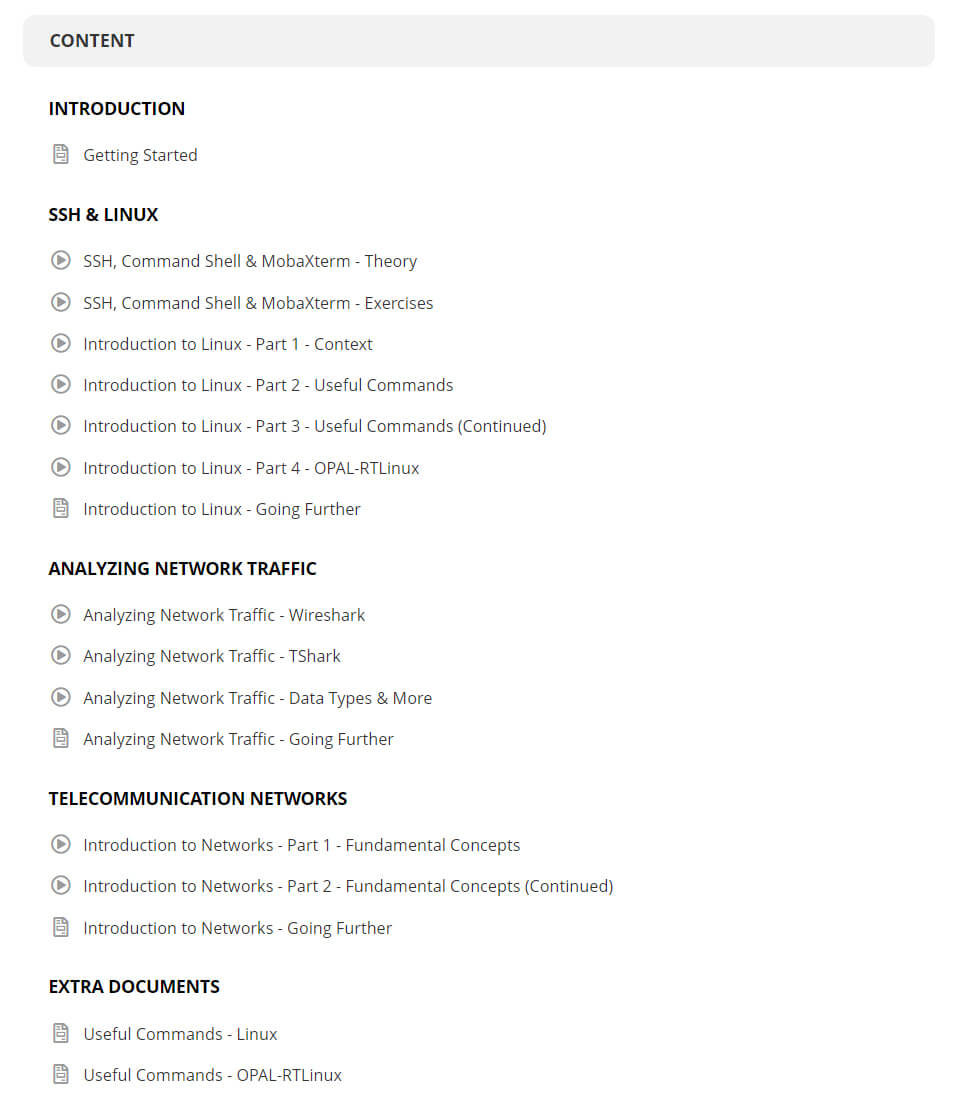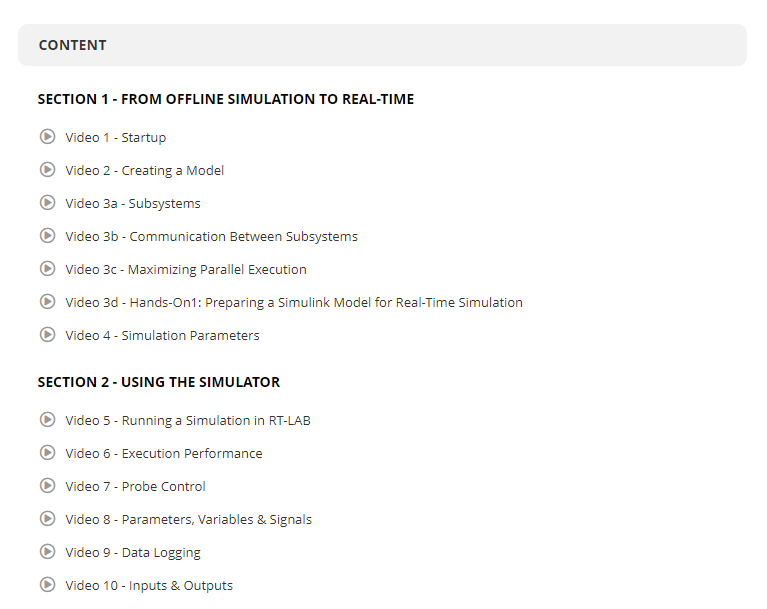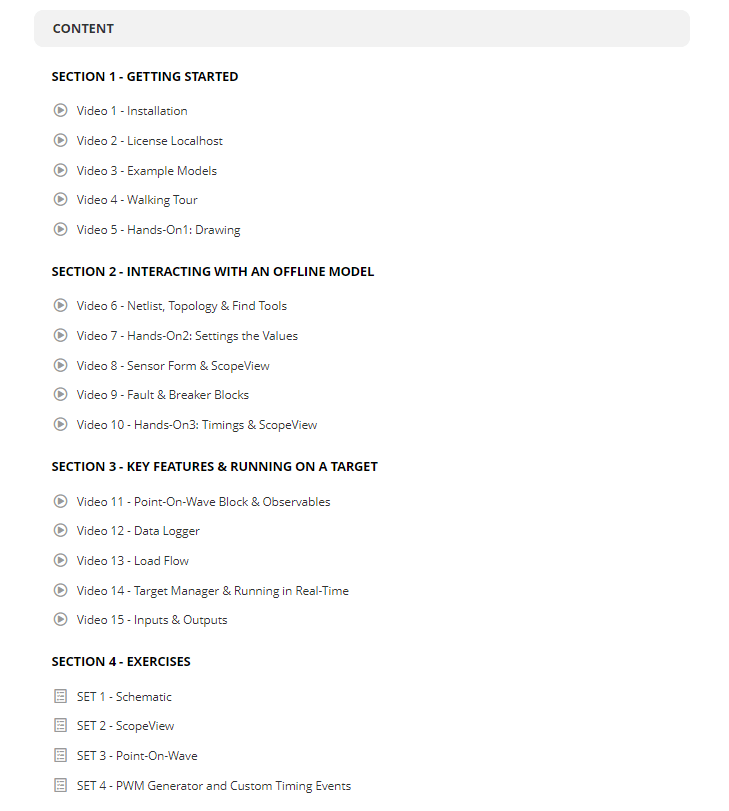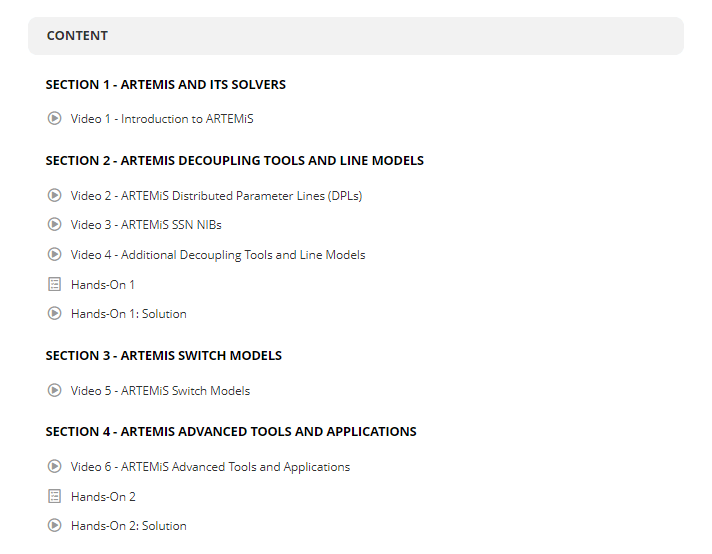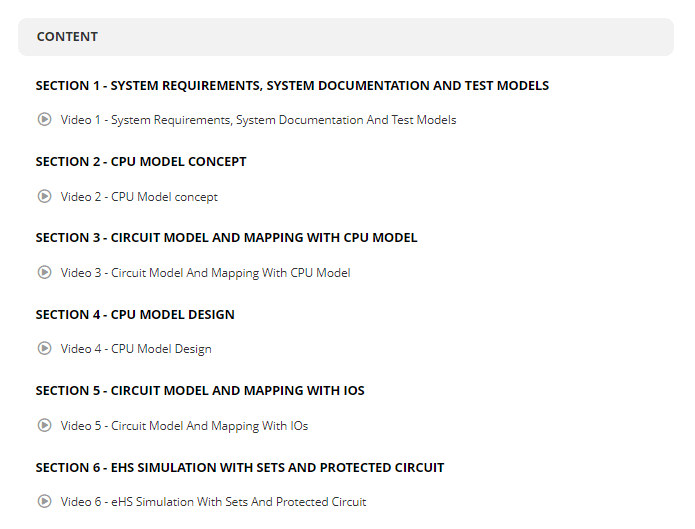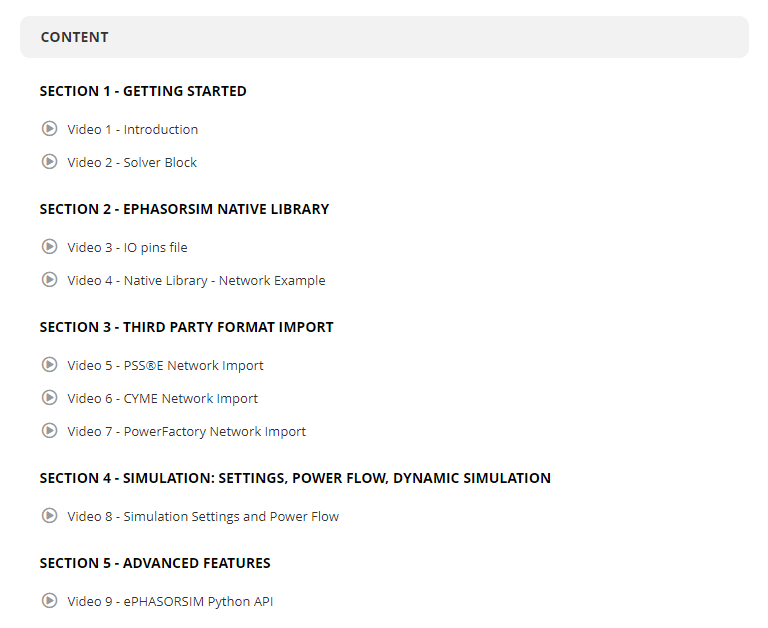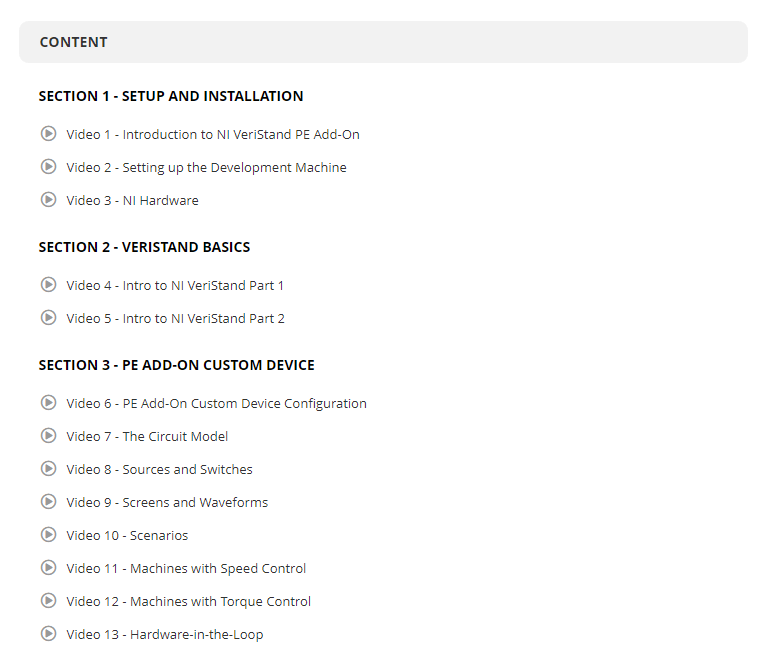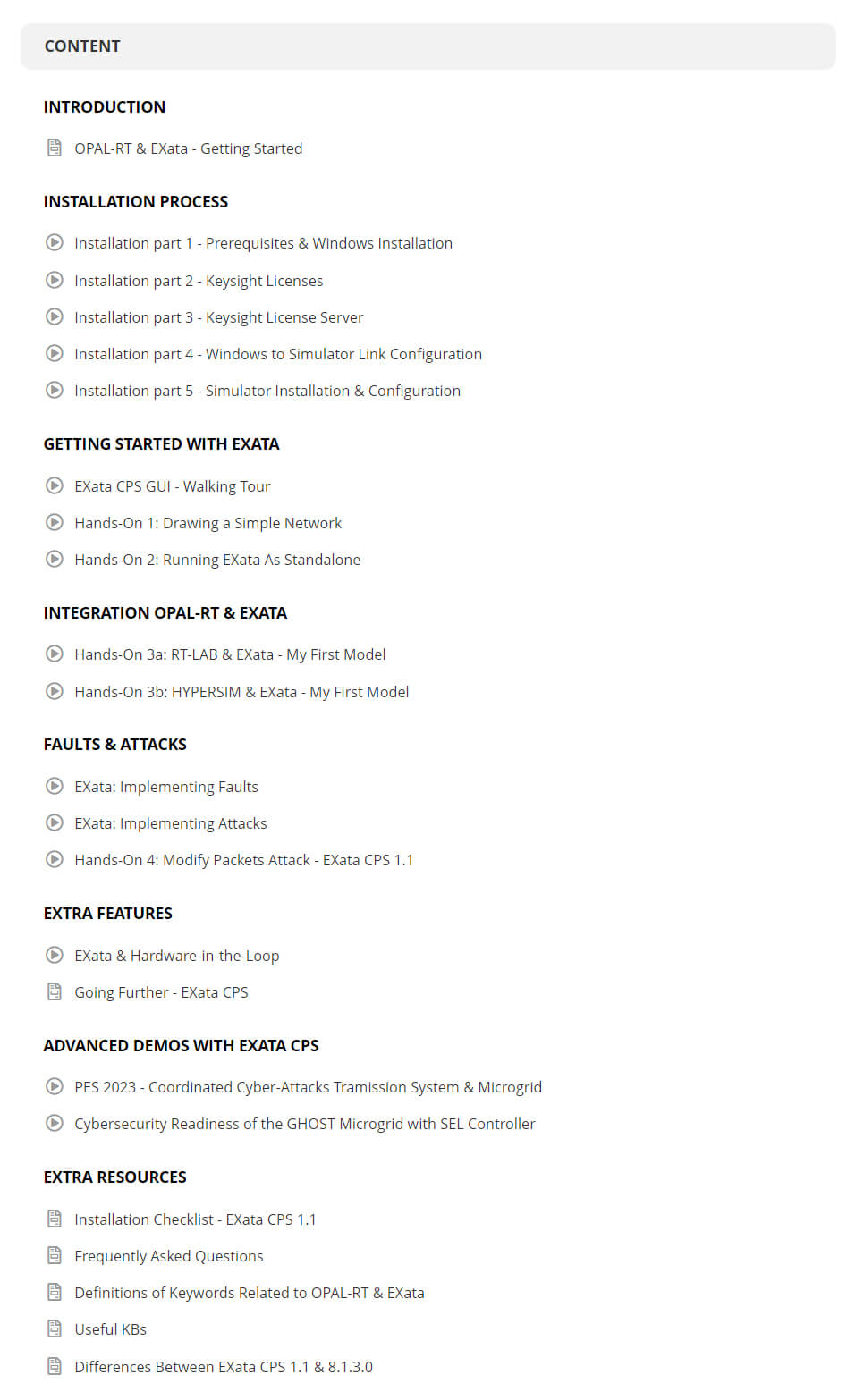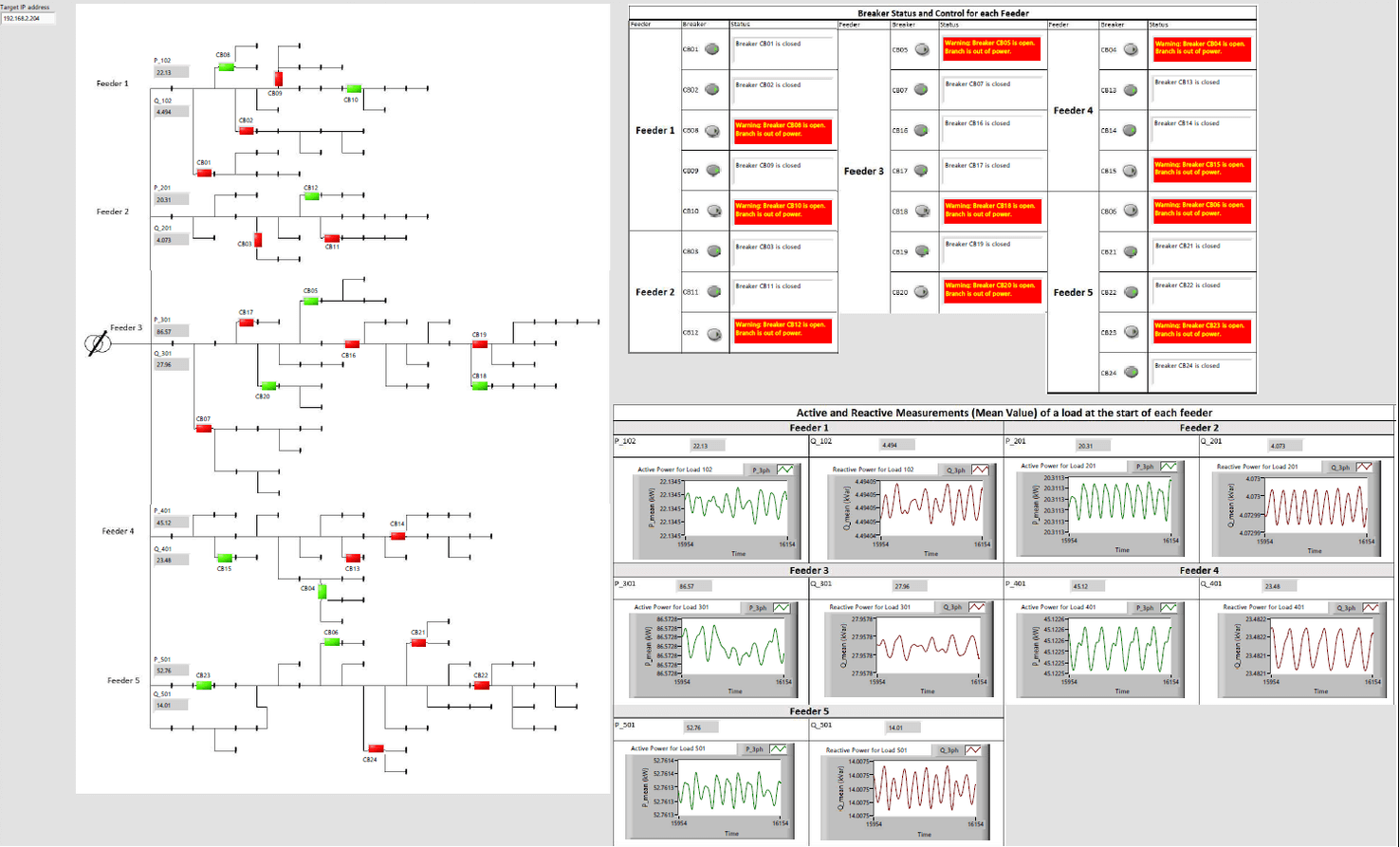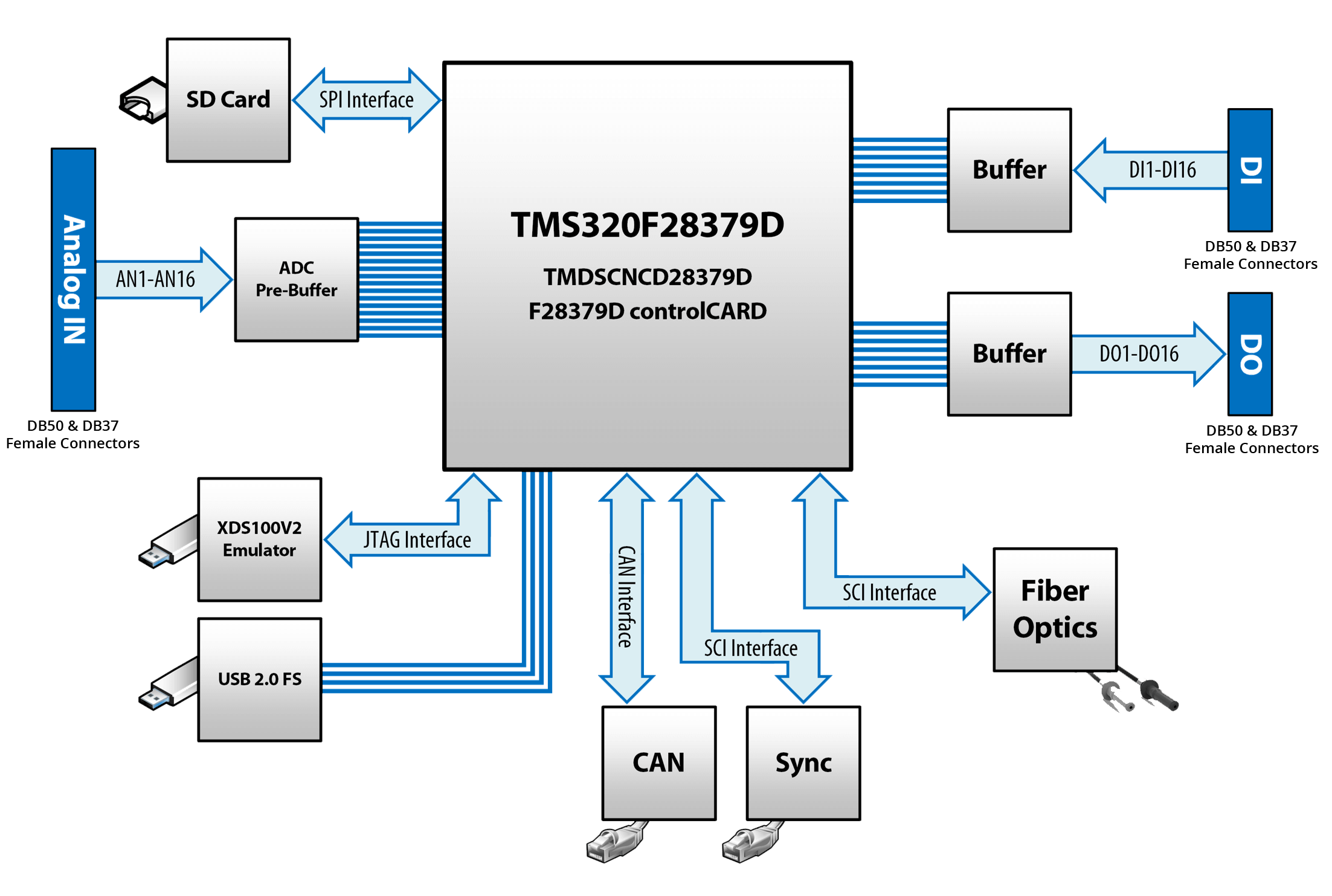IEEE PES General Meeting 2020
The 2020 IEEE Power and Energy Society General Meeting will be a virtual event from 3-6 August 2020. The material will be available until the 28th of August. The GM attracts professionals from every segment of the electric power industry. Many of the sessions will focus on how Big Data, Machine Learning, and Electric Transportation are Transforming the Grid.
While a virtual conference was not the original plan, this is a great opportunity for you to learn about the most recent developments within the industry. Plans are being made to ensure that the entire program is an interactive experience for all participants. Conference attendees will have exclusive access to 400+ hours of conference material. This material was generated from PES Technical Committees and their working groups.
Date: August 3-6, 2020



